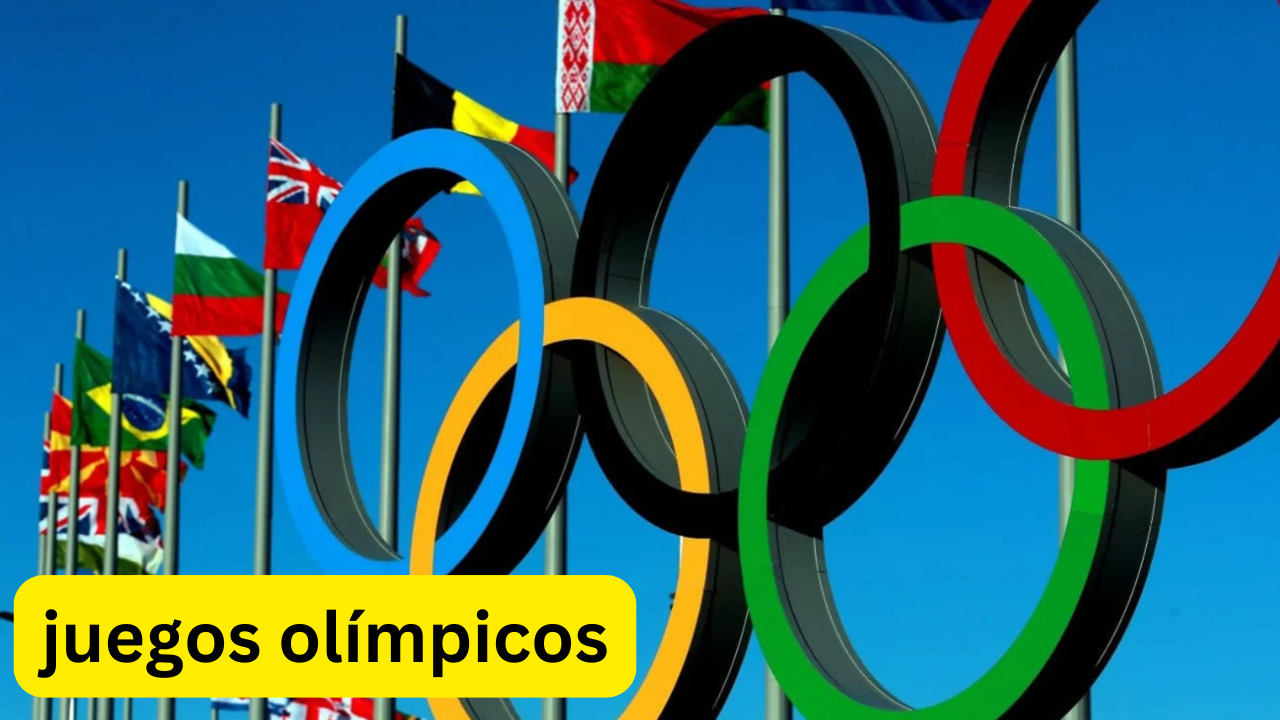The Olympic Games, a celebration of athletic prowess and global unity, stand as one of the most significant international sporting events in history. With roots dating back to ancient Greece, the modern Olympic Games have evolved into a global phenomenon, drawing participants from nearly every nation. This article delves into the rich history, the evolution of the Games, and the impact they have had on the world.
The Ancient Origins of the Olympic Games
The origins of the Olympic Games can be traced back to ancient Greece, specifically to the city of Olympia in 776 BC. The Games were held in honor of Zeus, the king of the Greek gods, and were initially a series of athletic competitions among representatives of various city-states. The ancient Olympics were held every four years, a tradition known as an “Olympiad,” and this frequency continues in the modern Games.
Events of the Ancient Olympics
The ancient Olympics featured a variety of events, many of which are still part of the modern Games. These included:
- Stadion: A short foot race that was the oldest and most prestigious event.
- Pentathlon: A five-event competition consisting of running, jumping, discus throw, javelin throw, and wrestling.
- Wrestling: A test of strength and skill, wrestling was a popular event.
- Pankration: A brutal combination of boxing and wrestling, with minimal rules.
The victors of these events were celebrated as heroes and often received significant rewards, including free meals for life and statues erected in their honor.
The Revival of the Olympic Games
After the decline of the ancient Games, the Olympic tradition lay dormant for centuries. It was not until the 19th century that the idea of reviving the Olympics was proposed by Pierre de Coubertin, a French educator and historian. Coubertin was inspired by the ancient Games and sought to create a modern version that would promote peace and international understanding through sport.
The First Modern Olympics
The first modern Olympic Games were held in Athens, Greece, in 1896. These Games featured 280 participants from 13 nations, competing in 43 events. The success of the Athens Games led to the establishment of the International Olympic Committee (IOC), which oversees the organization and development of the Games to this day.
Growth and Evolution of the Modern Olympics
Since their revival, the Olympic Games have grown exponentially in size and scope. The number of participating nations has increased from 13 in 1896 to over 200 in recent years. The range of sports has also expanded, with the addition of new events such as skateboarding, surfing, and sport climbing in recent Games.
The Olympic Movement and Its Values
The Olympic Movement is founded on a set of core values that guide the organization and execution of the Games. These values include:
- Excellence: Striving to achieve the best possible results in all aspects of life.
- Friendship: Building strong relationships among participants from diverse backgrounds.
- Respect: Honoring the rules, competitors, and the environment.
These values are embodied in the Olympic Charter, a set of principles that governs the conduct of the Games and the athletes who participate in them.
The Impact of the Olympic Games
The Olympic Games have had a profound impact on the world, influencing not only sports but also politics, economics, and culture.
Political Impact
The Games have often been a platform for political expression and protest. For example, the 1936 Berlin Olympics were used by Adolf Hitler to promote Nazi propaganda, while the 1968 Mexico City Olympics saw the famous Black Power salute by American athletes Tommie Smith and John Carlos.
Economic Impact
Hosting the Olympic Games is a massive economic undertaking, often involving billions of dollars in investment. While the Games can boost tourism and create jobs, they can also leave host cities with significant debt and underutilized infrastructure.
Cultural Impact
The Olympics have the power to bring people together from all corners of the globe, promoting cross-cultural understanding and cooperation. The Games have also been a platform for showcasing cultural heritage, with host cities often incorporating their traditions into the opening and closing ceremonies.
Challenges Facing the Olympic Games
Despite their many positive aspects, the Olympic Games face several challenges in the modern era.
Doping and Cheating
One of the most significant challenges is the issue of doping. The use of performance-enhancing drugs has plagued the Olympics for decades, leading to numerous scandals and the stripping of medals from athletes who were found to have cheated.
Sustainability and Environmental Concerns
The environmental impact of hosting the Games is another pressing issue. The construction of venues, the influx of tourists, and the general carbon footprint of the Games have raised concerns about their sustainability. In response, the IOC has implemented measures to promote environmentally friendly practices, such as the use of renewable energy and the recycling of materials.
The Cost of Hosting the Games
The rising cost of hosting the Olympics has led some cities to reconsider bidding for the Games. The financial burden can be enormous, with some recent Games costing upwards of $20 billion. This has led to calls for reforms in how the Games are financed and organized.
The Future of the Olympic Games
Looking ahead, the Olympic Games are likely to continue evolving to meet the challenges of the modern world. Innovations such as eSports and virtual reality could become part of future Games, attracting new audiences and participants. Additionally, efforts to make the Games more sustainable and affordable will be crucial in ensuring their continued success.
Conclusion
The Olympic Games are more than just a sporting event; they are a global celebration of human achievement, unity, and the enduring spirit of competition. As the Games continue to evolve, they will undoubtedly face new challenges, but their core values and mission remain as relevant as ever.
